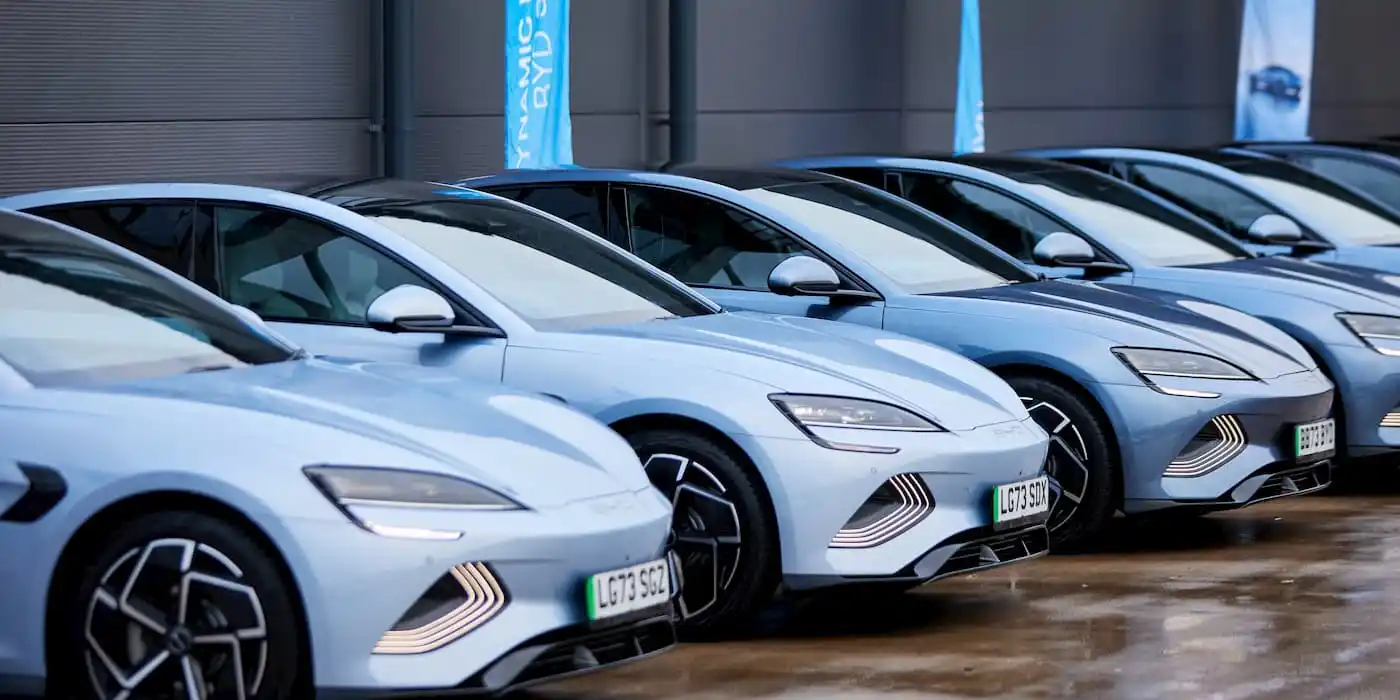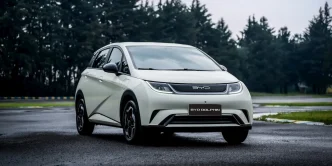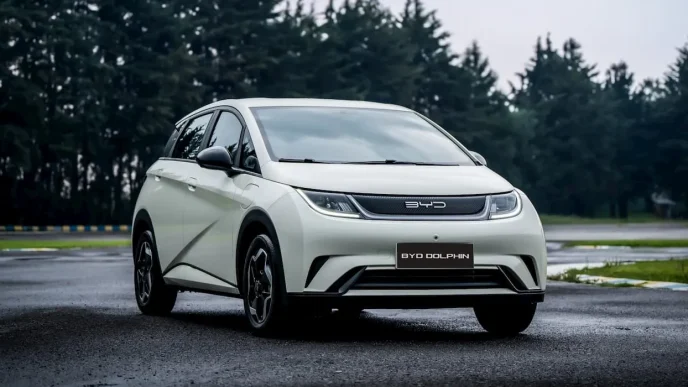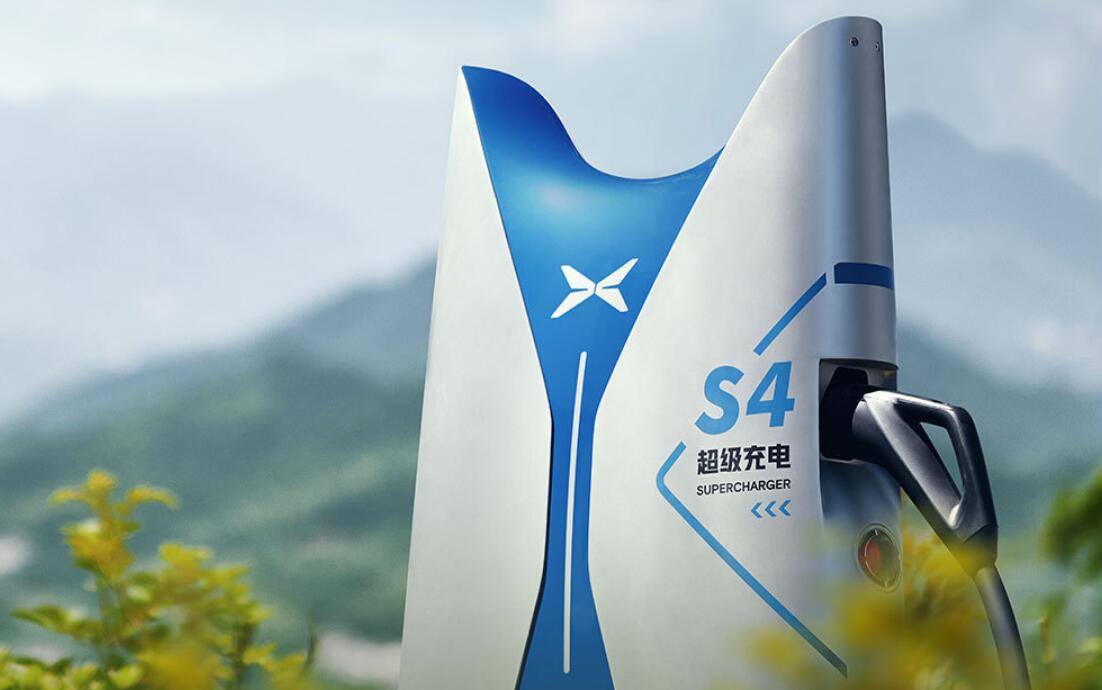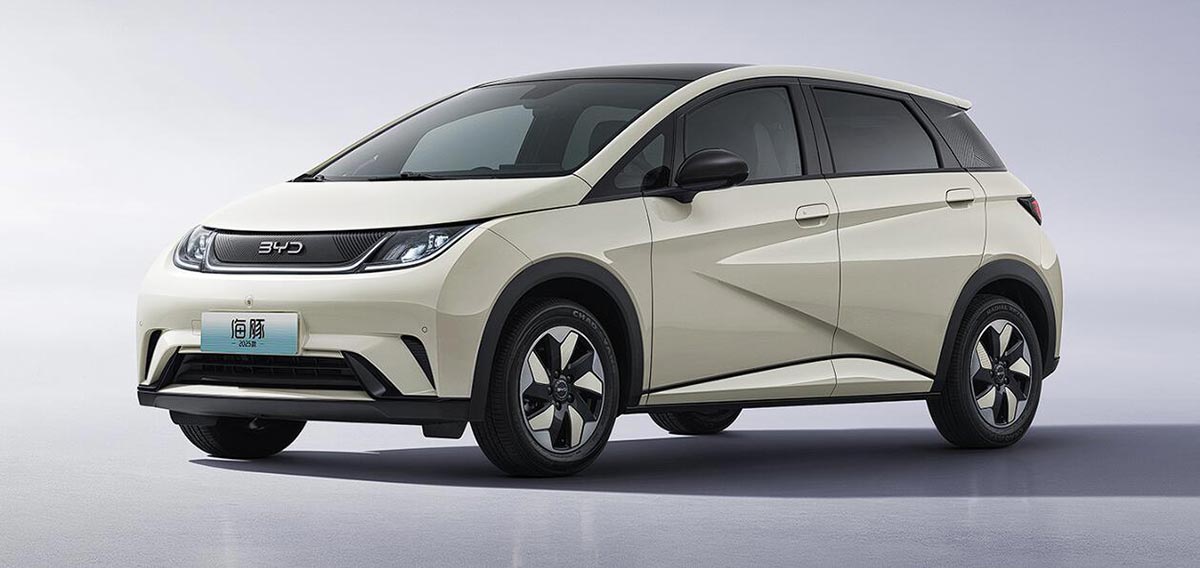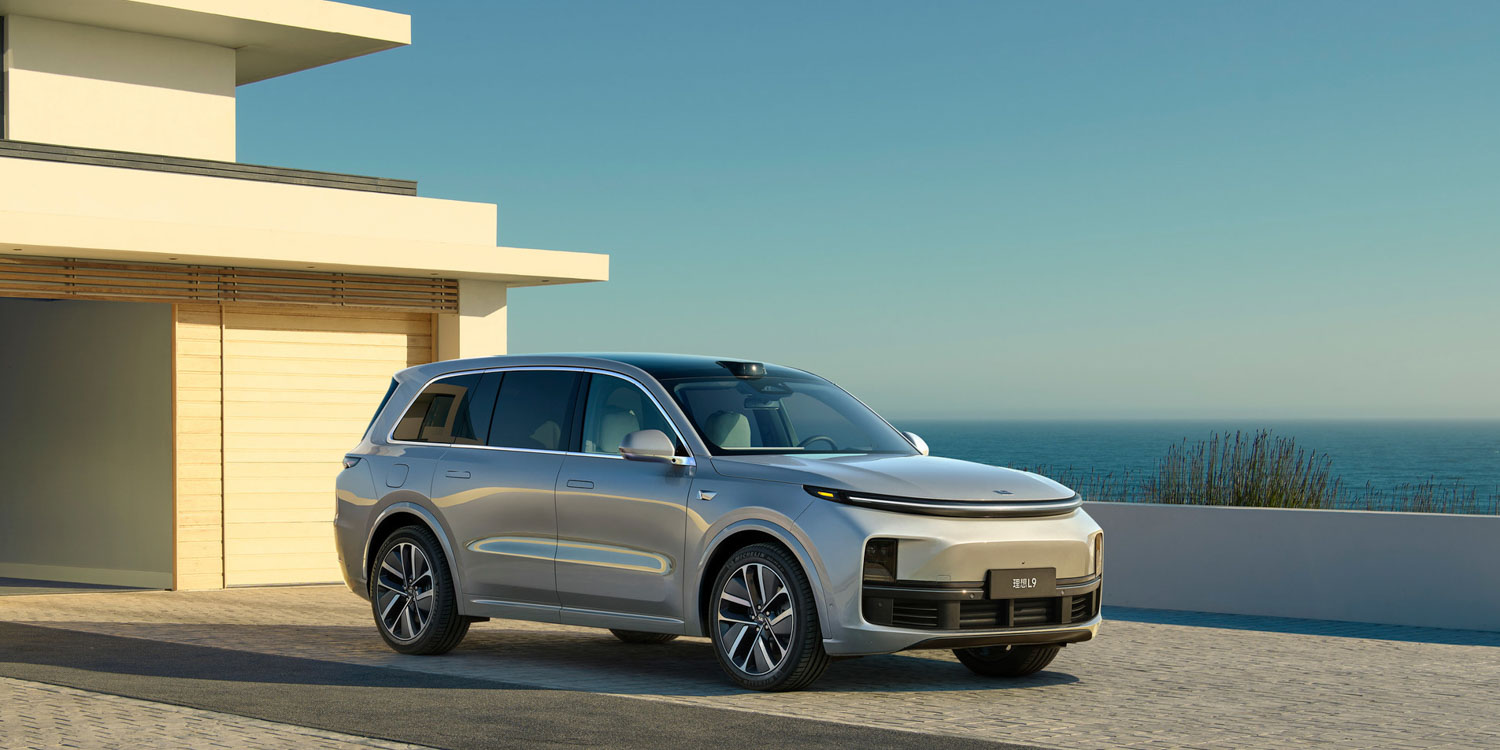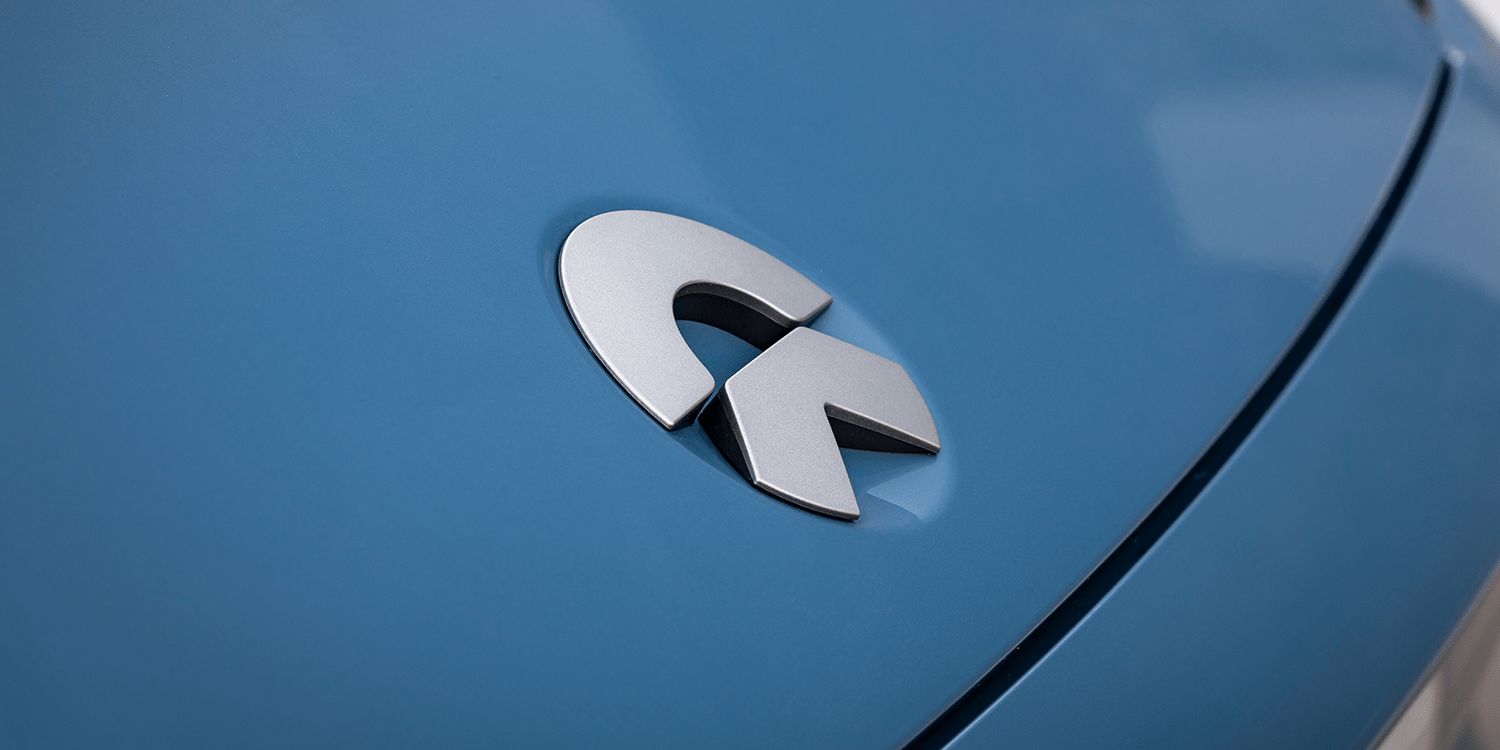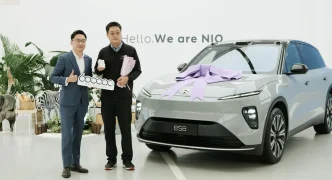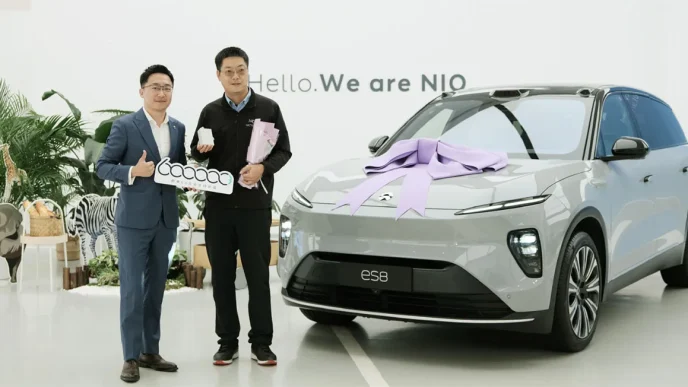The European Commission has rejected a proposal from the Chinese government to introduce a minimum price of 30,000 euros ($32,946) for electric vehicles (EVs) imported from China, according to three sources familiar with the matter. The move was part of an attempt by Beijing to avoid tariffs that the European Union plans to impose next month as part of its anti-subsidy investigation.
The Commission dismissed the proposal from Chinese EV manufacturers in September, as it continued its investigation into alleged subsidies provided to Chinese automakers, which has escalated into the most significant trade dispute between China and the EU in a decade. “It was not only about the prices carmakers charge for their China-made EVs but also the subsidies they received producing them,” a source said.
The proposal from China was intended to mitigate the impact of potential tariffs, but the EU remains concerned about how subsidies from Beijing allow Chinese manufacturers to price their vehicles significantly lower than those produced in Europe. Electric cars in China, on average, cost less than half of those sold in Europe, thanks to factors like local access to raw materials and substantial government support.
The European Commission is considering tariffs of up to 45% on Chinese-built EVs starting on October 31, 2024, unless a negotiated alternative is reached. This follows a vote by the EU to impose the tariffs in response to concerns about market distortion. Talks are ongoing, with both sides exploring other options, such as “flexible pricing commitments” and alternative price undertakings for each car model, according to the sources.
China’s Commerce Ministry has not provided further details on its negotiations with the EU, but discussions continue as the October deadline approaches.
Source: Reuters

